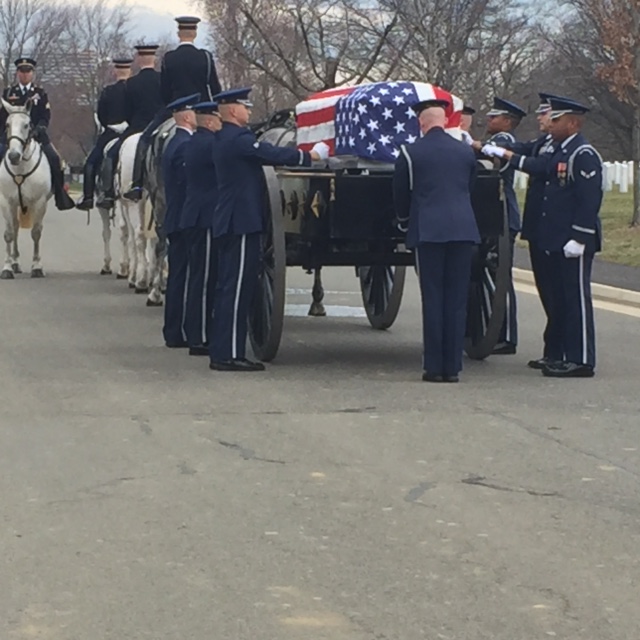CSAA Talks ASAP at APCO’s Emerging Technology Conference

CSAA’s Becky Lane
ASAP activity continues across the country. On March 16 and 17, CSAA Vice President of Membership Becky Lane presented two sessions on the service at the Association of Public Communications Officials (APCO) Emerging Technology Conference in Kansas City, MO.
Lane’s first session was a “Tech Talk” program overview for law enforcement and 9-1-1 communicators. Her second, more in-depth session was tailored to PSAP directors and 911 Communications Coordinators, and included details on the service. At this session, several representatives of those in attendance discussed the process of becoming connected and shared their experiences.
ASAP was launched in 2011 as a public-private partnership, designed to increase the efficiency and reliability of emergency electronic signals from central station alarm companies to Public Safety Answering Points (PSAPs). ASAP utilizes ANSI standard protocols developed cooperatively by APCO and CSAA. With ASAP, critical life safety signals and accurate information is processed more quickly, through the Nlets system of state-to-state PSAP communication, insuring that complete and accurate information is transmitted to the PSAP every time. The ASAP program has the potential to save PSAPs and emergency services millions of dollars.
 “The ASAP service would not be possible without the relationships shared by APCO, CSAA, INLETS, and other respected Associations,” said Lane. “It is because of these relationships and belief in vision and steadfast commitment that the ASAP service is a reality. We are very appreciative of APCO’s invitation to attend these very important meetings.”
“The ASAP service would not be possible without the relationships shared by APCO, CSAA, INLETS, and other respected Associations,” said Lane. “It is because of these relationships and belief in vision and steadfast commitment that the ASAP service is a reality. We are very appreciative of APCO’s invitation to attend these very important meetings.”
For more information about ASAP, contact asap@csaaintl.org or Becky Lane at 703-242-4670 x 18.




 (Right to left) Tonya George, ADT MAStermind Administrator; Tammie Hilend, ADT Vice President of IT; Bill Hobgood, Project Manager, Public Safety Team, Department of Information Technology, City of Richmond, Virginia; and Cindy Cevallos, Boca Raton Project Manager. The picture was taken shortly after ADT’s go-live with Boca Raton.
(Right to left) Tonya George, ADT MAStermind Administrator; Tammie Hilend, ADT Vice President of IT; Bill Hobgood, Project Manager, Public Safety Team, Department of Information Technology, City of Richmond, Virginia; and Cindy Cevallos, Boca Raton Project Manager. The picture was taken shortly after ADT’s go-live with Boca Raton.





